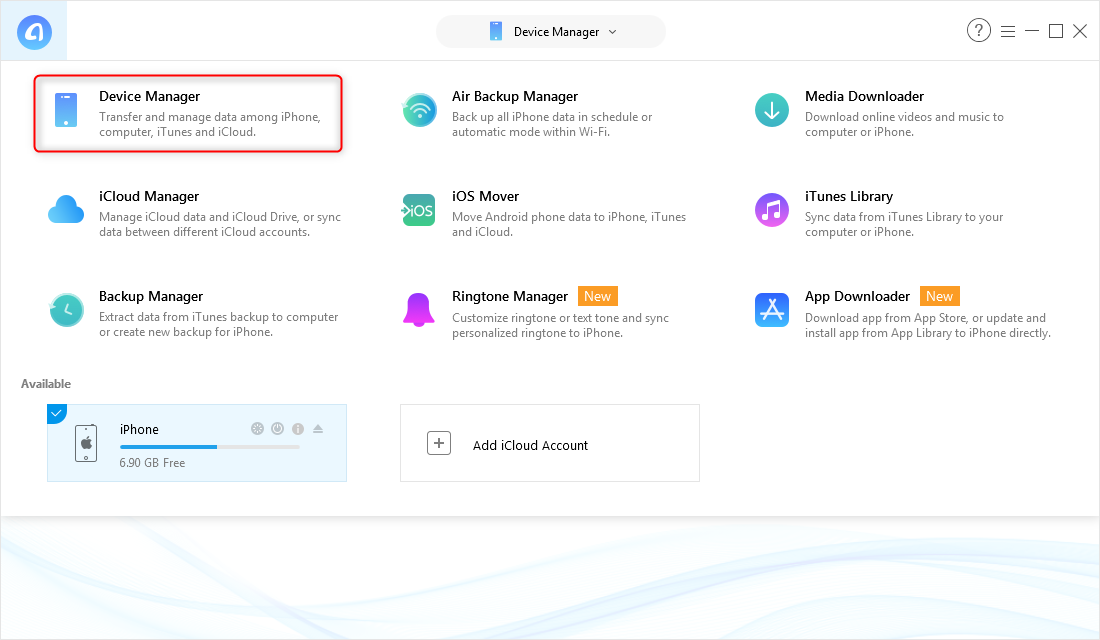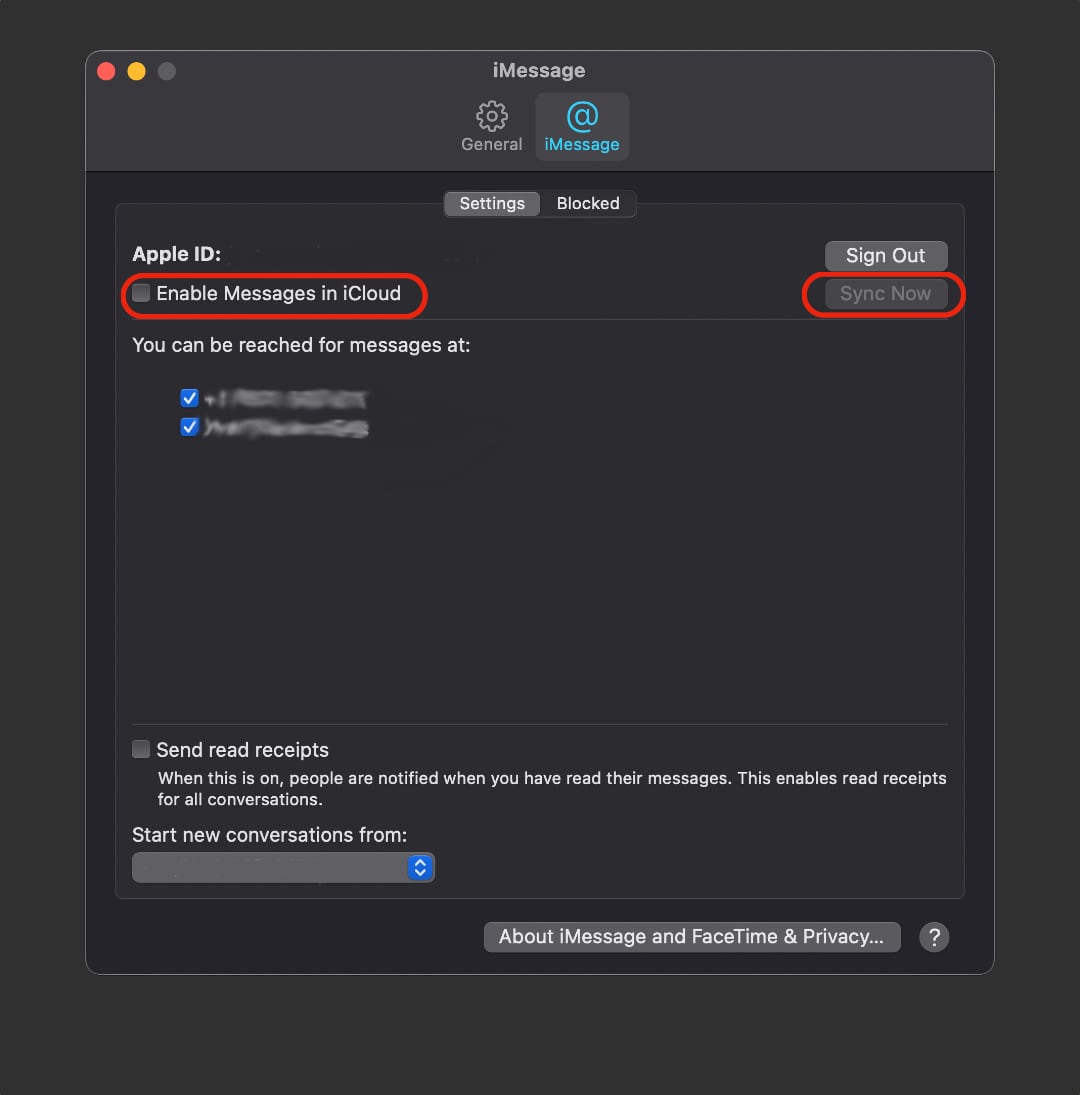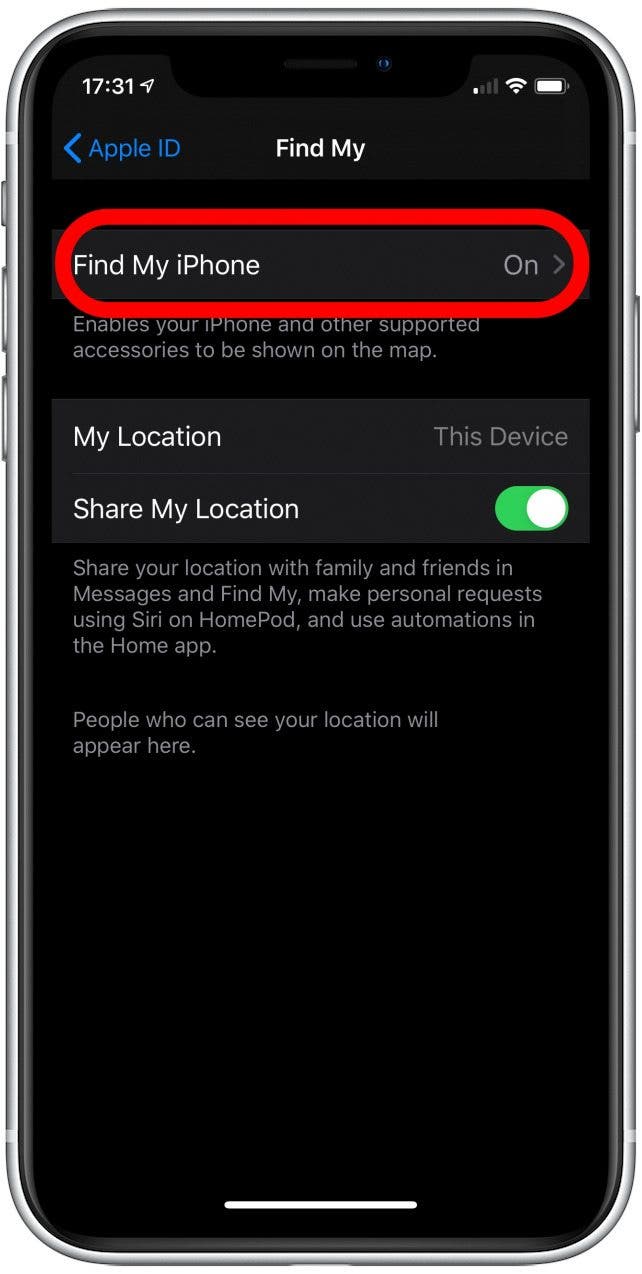

Or the Apple ID is deselected and the iMessages you are seeing are addressed to the Apple ID. The iPhone Number should be ticked but greyed out. If you’re signed into Messages on your Mac and also have Text Message Forwarding turned on in your iPhone’s settings, you’re all set to send and receive iMessages and text messages. For more help getting the most out of your Apple devices, check out our how to guide.If you mean iMessages are only showing on the Mac - even ones addressed to the iPhone Number then it suggests you did link the two devices by adding the Apple ID to the settings for Messages on the iPhone but currently the iPhone is either not logged inįor that see Settings > Messages > Send and Receive Tap on the toggle next to your Mac to turn on the feature if it’s not green already.Tap on the Settings application on your iPhone.In order to receive regular text messages (SMS) on your Mac (these will come from non-Apple devices or when iMessage is unavailable) you’ll need to make sure Text Message Forwarding is turned on in your iPhone’s settings.

You can also uncheck the number(s) and email(s) that you can be reached at without removing them completely. Your phone number will be the default for where new conversations will start from, you can change this by clicking on it and selecting another option. Once you’re successfully signed in, you’ll see details on the phone number(s) and email(s) you can be reached at, as well as what number or email new conversations will start from. Here is a more detailed look at the above process:

If you’ve previously launched the app, click on Messages in the menu bar.
:max_bytes(150000):strip_icc()/001-How-to-get-text-messages-on-mac-4685314-e772a322e7d7424b8764d928084de7ab.jpg)


 0 kommentar(er)
0 kommentar(er)
